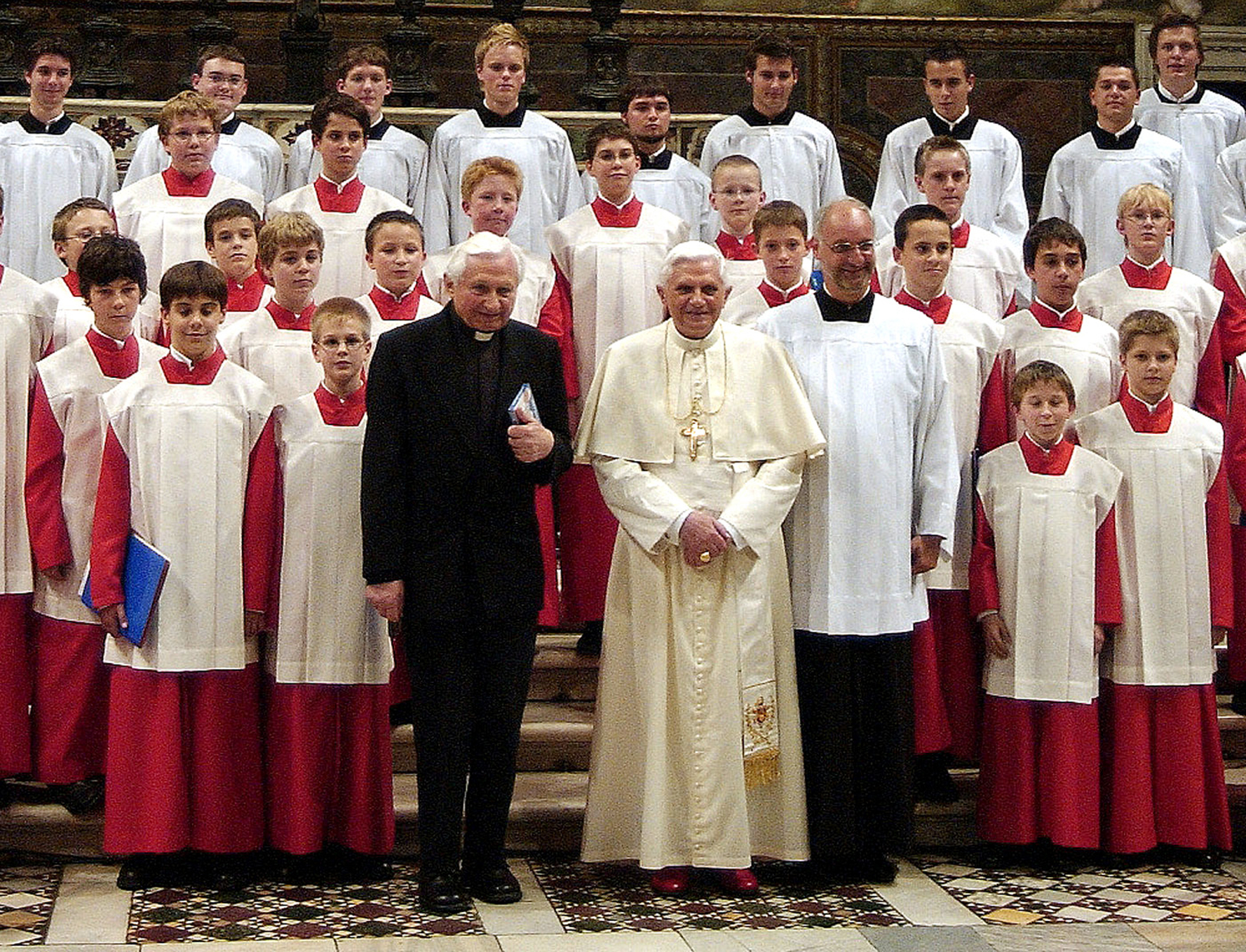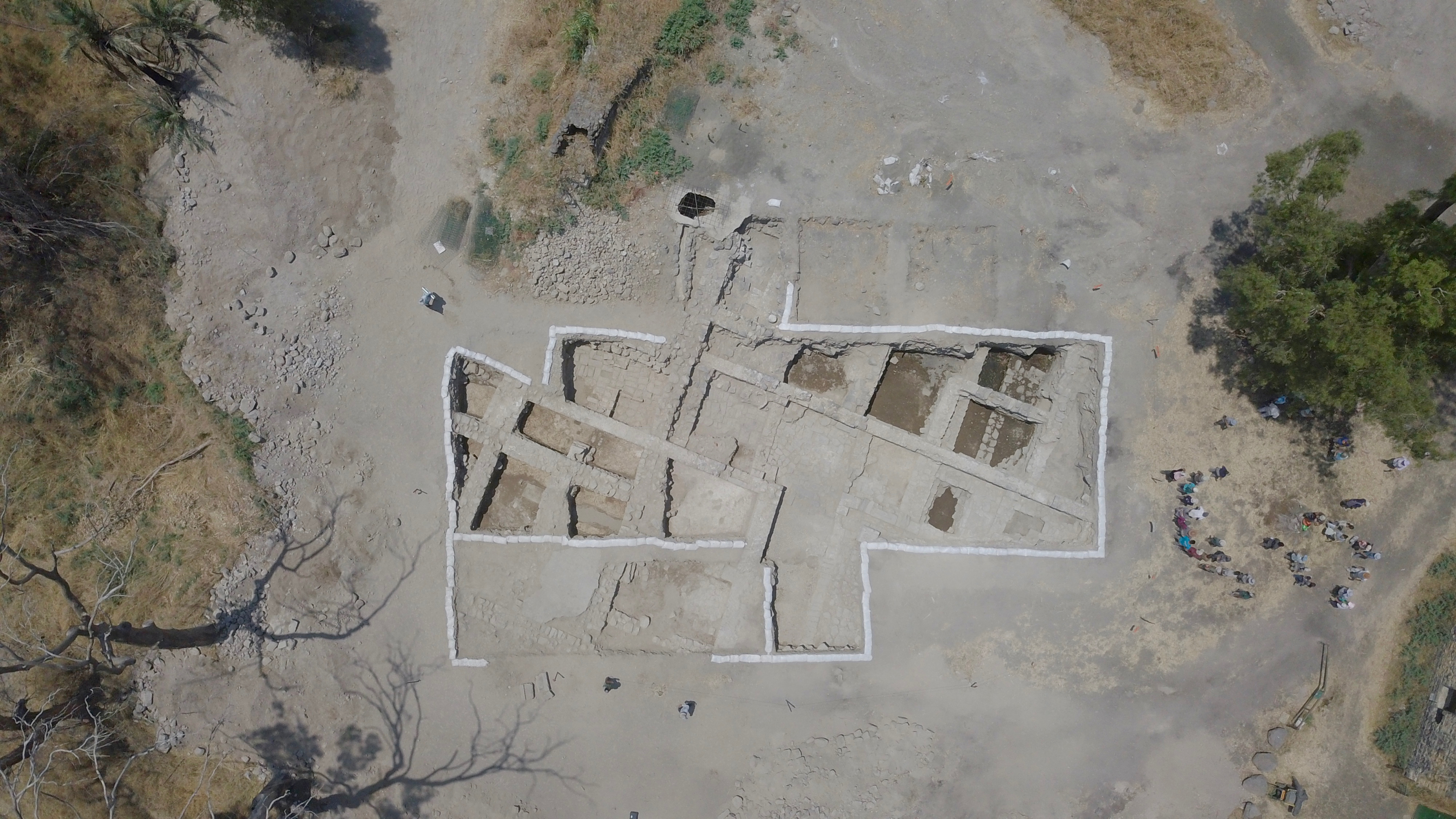Archaeologists in Israel believe they have found the remains of the Church of the Apostles, a Byzantine-era building said to be built on the home of two of Jesus Christ’s disciples, Peter and Andrew.
Experts from the Kinneret Institute for Galilean Archaeology at Kinneret College, Israel and Nyack College in New York, have been excavating the site of el-Araj on the northern shore of the Sea of Galilee over four seasons.
The archaeologists believe that el-Araj could be the site of the ancient Jewish fishing village of Bethsaida, which later became the Roman city of Julias.
Excavations have revealed floor mosaic tiles, a fragment of the marble chancel screen decorated with a wreath and a glass tesserae gilded in gold that belonged to a wall mosaic typical of a large, ornate church.
Though the researchers have only so far excavated the southern rooms of the church, they say the evidence indicates it was part of a monastery complex.
Professor Steven Notley of Nyack College told the Tablet that the discovery was significant for two reasons. Firstly, he explained, many scholars question the existence of the Church of the Apostles.
The church is mentioned by early Christian pilgrims, notably the Bavarian bishop (and saint) Willibald in 725 A.D, but some scholars have thought these reports were mistaken.
“They assumed that the pilgrims had confused our church for the small octagonal Byzantine church in Capernaum,” Professor Notley explained. “However, it is the modern scholars who were mistaken and not the Byzantine pilgrims. The church we have unearthed this summer is precisely where these reports indicate.”
He continued: “Of equal importance, the church indicates that there existed a living memory in the Christian community about the location of Bethsaida, home of Peter, Andrew and Philip (John 1:44).”
The New Testament describes Bethsaida in John’s Gospel as the home of Jesus’ apostles Peter, Andrew and Philip. Jesus also healed a blind man at Bethsaida, according to Mark 8:22-26.
Professor Notley points out that although the site seems to have been unoccupied for about two centuries during the 4th and 5th centuries, later building a church there suggests that the Christian community still remembered where the New Testament village had been located.
“Of course, these Byzantine traditions alone are insufficient to answer the question of the New Testament site, but together with the increasing archaeological evidence of a Roman period (New Testament) settlement at el Araj, the discovery of the church strengthens our position that el Araj should be considered the leading candidate for New Testament Bethsaida-Julias,” said Professor Notley.
The Jewish historian Josephus Flavius mentions Bethsaida once in his extensive writings. In that account he describes how the local governor Herod Philip transformed the Jewish fishing village of Bethsaida into a Roman city, which he renamed Julias.
The remains of a private house from the Roman period were excavated just 100 meters from the main church excavation area. Finds from the house dated from the first to the third centuries CE included pottery, coins, fishing net weights, and a cooking oven. Electromagnetic imaging has revealed evidence of a much larger Roman-settlement near by, suggesting it could be remnants of the city of Julias.
Along with completing excavations of the church, Professor Notley said his team will focus their efforts next season on “unearthing the buildings of the Roman Jewish polis of Bethsaida-Julias”.
"At the end of next season we hope to be able to publish a preliminary report on our first five seasons and definitely answer the question of the location of New Testament Bethsaida-Julias,” he said.



 Loading ...
Loading ...